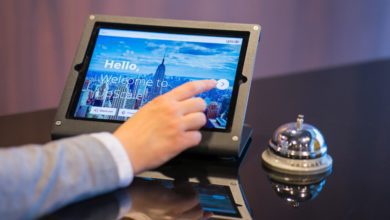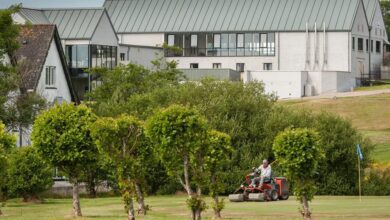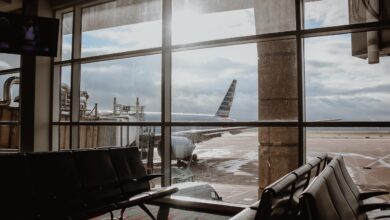
In the ever-evolving travel market, urban pop-up hotels in Purpose Built Student Accommodation (PBSA) buildings represent a thriving hospitality industry trend, as well as a valuable, potential growth opportunity for a student housing portfolio.
Operated as short-term seasonal hotels, these premier PBSA buildings are transformed to offer guests alternative, affordable and convenient lodging during the summer months. This preexisting and empty accommodation answers the needs of a diverse range of travellers, and provides a solution to help meet peak demand in undersupplied city hotspots.
At the intersection of the hotels and short-term rentals, this otherwise dormant room stock can be temporarily repurposed to deliver annual gains for those with an eye for innovation. So, how do you make the most of the opportunities within this sector?
We’re in our fourth year of operating pop-up hotels throughout the UK and Europe, managing reservations, distribution and pricing, as well as reception, cleaning and maintenance staff. It’s safe to say we have developed a good grasp of the challenges of this type of operation, so here are five pitfalls you’ll want to make sure to avoid when expanding into pop-up hotels:
Sufficient staffing
Ensure you have enough trained staff members to handle the increased workload and avoid service delays that result in poor customer experience and decreased overall efficiency. Reception staff will be needed to offer the concierge services guests will expect from hotels. Cleaning and housekeeping will also need to be outsourced for the duration of the operation to meet the required quality standards, with weekly turnovers for stays over seven days. The length of stay can range from two to 30 nights, depending on the traveller demographic.
Clean up
After students check out at the end of the semester, an intensive, deep clean will be required to ensure rooms and common areas live up to hotel standards. This will need to be planned in advance, so block out your inventory for sufficient time to allow the cleaners to do their job properly.
Inadequate infrastructure
Assess whether the existing facilities and amenities of the student accommodation are suitable for hotel guests. Also ensure that the building’s resources such as bathrooms, common areas and recreational facilities can accommodate the increased number of guests and provide a satisfactory experience.
You will also have to bulk-purchase in advance everything that a guest will expect to find (toilet brushes, bins, hangers, fans, hair dryers, courtesy sets).
Manage expectations
Maintain open and transparent communication with students residing in the accommodation. Inform them about the changes, temporary hotel operations and any impact on their daily routines. This will help manage expectations and avoid conflicts.
At the same time, guests must be fully informed that they are booking student accommodation so their expectations regarding facilities are managed from the beginning.
Poor promotion
Plan ahead and develop a comprehensive online and offline marketing plan to promote the property to a relevant audience and maximise occupancy rates and revenue. Relying solely on the student accommodation’s existing reputation will not be enough to reach the target audience.
Leveraging the power of OTAs is vital in taking these properties to market within the relatively short pop-up hotels window — you’ll only have three months from June to August to reach and convert bookings. The booking window is short and sharp, ranging from 15 to 38 days, in our experience.
We see pop-up hotels as one of the largest growth areas in hospitality and will continue to build our seasonal portfolio. Not so long ago, these assets routinely stood empty because of the difficulty in temporarily pivoting from one type of guest to another.
This year, we have more than doubled our collection of properties, offering over 83,000 room nights, to build on this hugely successful revenue stream. The appetite for exploration and travel remains unabated, and city centre demand for hotel rooms is rising. In 2022, the market size of the hotel industry in the UK amounted to £16.42bn – up from £11.28bn the previous year – and accommodation occupancy rates reached 83% in the summer season. During 2022, we saw up to 77% occupancy rates in our pop-up hotels in the UK.
The increasing popularity of blended travel (corporate travellers incorporating holiday time into their business trips) and extended stays will also continue to stimulate the demand for flexible, home-from-home style accommodation. Digital nomads, remote workers and multi-generational travellers will seek out properties that can provide an affordable, easily accessible base from which to work, rest and explore.
Ideally suited to meet the current demand for contemporary, low-cost, urban accommodation, the popularity of student buildings is transforming the financial performance of property portfolios in our cities.









